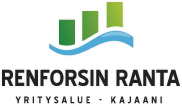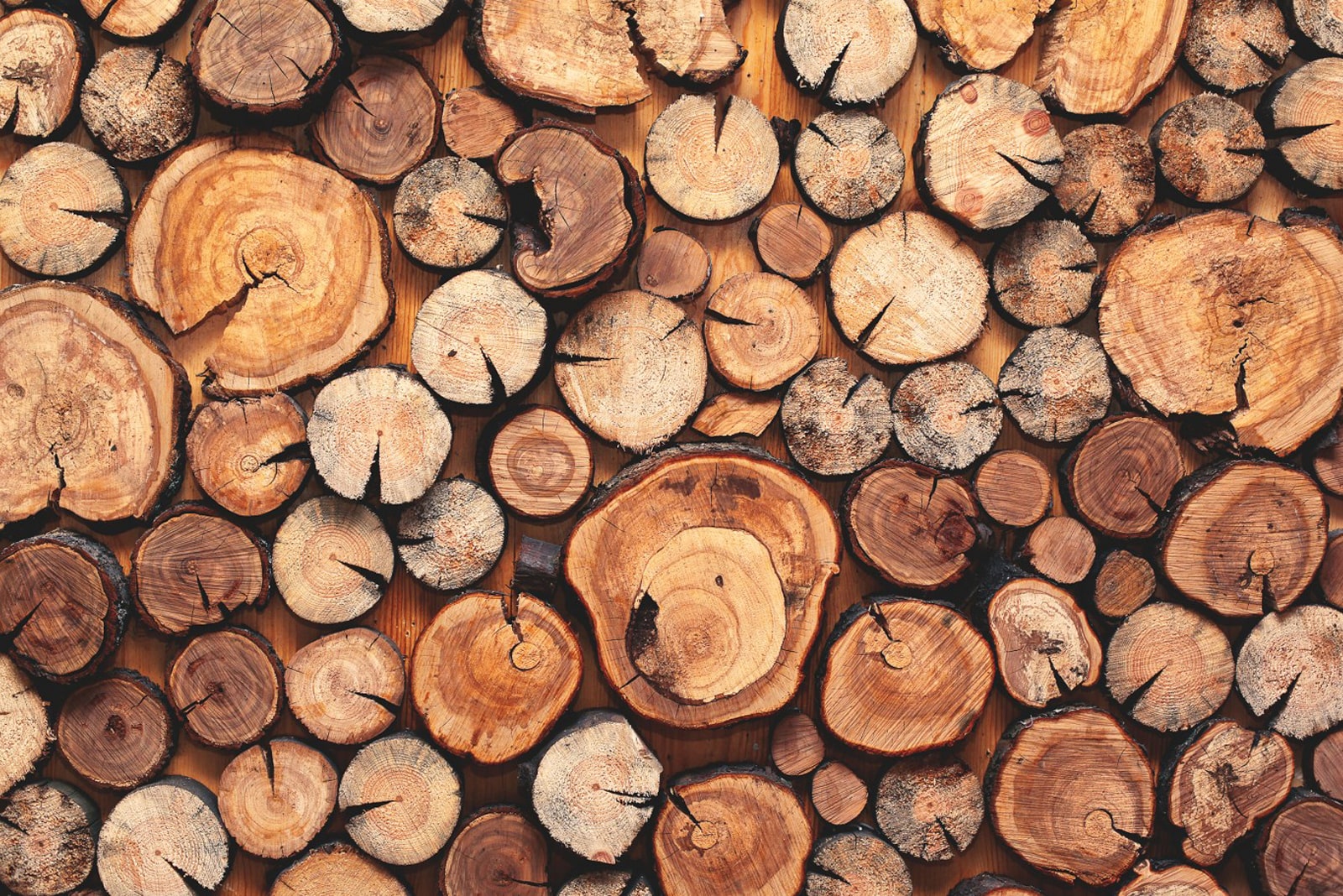Bio-economy
Bio-economy is the largest private-sector industry in Kainuu in terms of turnover and human resources. The region’s ample natural resources and skilled labour provide opportunities for increasing both domestic and international demand and promoting local production, such as wood construction, local energy and locally sourced food.
Bio-economy uses renewable natural resources to produce food, products, energy and services, thereby replacing use of non-renewable natural resources. Therefore, it covers several industries. Kainuu has significant opportunities in the bio-economy field. We have every prerequisite to be a forerunner in the global bio-economy, with our natural resources, traditions of using them sustainably and our high level of know-how. Not to mention, forest resources, water, energy and biomass are available at affordable costs compared to global market pricing.
Kainuu is a very sparsely populated region with an area of 24,453 km² and population under 70,000. It has extensive forest energy resources. The forested area covers 90% of the land area and is more than two million hectares, near to 20 hectares of forest for every citizen. Forest bio-economy is the top sector of Kainuu bio-economy, including the forest and wood clusters, utilization and processing of renewable raw materials provided by forests (e.g. different fractions of wood, berries, mushrooms and by-products of production) and food production, including agriculture, natural product sector, fishing and fish farming.
In Kainuu, developing the bio-economy and the bio-circular economy based on the processing of side streams and organic waste is a key part of the green transition of the economy and society from a fossil economy to a low-carbon circular economy.
Renewable energy is a growth sector in Kainuu, and wind power and forest energy in particular are important investment targets in the region. In addition to these, it is essential to strengthen the sustainable utilization of all renewable natural resources in Kainuu and to develop new bio and circular economy innovations. Good water management and protection and sustainable utilization of water ecosystems is an essential part of the bio and circular economy.
Given that Kainuu region is exceptional in having a surplus supply of Nordic fibre wood, whilst also offering an industry friendly location in the municipality of Paltamo, KaiCell Fibers Ltd was formed in 2016 by private investors and the regional council of Kainuu (Kainuun liitto) with the objective of building and operating a state-of-the-art pulp (NBSK) and bioproducts mill. The Paltamo mill represents a rare opportunity to harness Finland’s forest resources in an innovative and highly profitable way. The wood required for an annual production of 600 000 ADMT can sourced fully from the immediate region. Multiple spin-off and ecosystem generated opportunities exist surrounding this exciting project.
Wind power
The planning of wind power plant sites is currently very active in Finland. The construction of wind power plants should always be based on the land use plans drafted in accordance with the Land Use and Building Act. This means that the areas fit for wind power construction are defined in the plan. The phased regional plan of Kainuu for wind power has been prepared by the Regional Council of Kainuu. The plan addresses regionally significant wind turbine areas, needs for changes to the regional plan markings of power lines, groundwater areas, and nationally valuable landscape areas. The plan is aiming to year 2035.
The regional planning of Kainuu aims to have a total of 410 wind turbines by 2035. If implemented, these wind power projects will generate an estimated new turnover of approximately €22,500 million, value added of approximately €17,400 million and investments of approximately €4,100 million. In addition, several solar power projects are underway.


